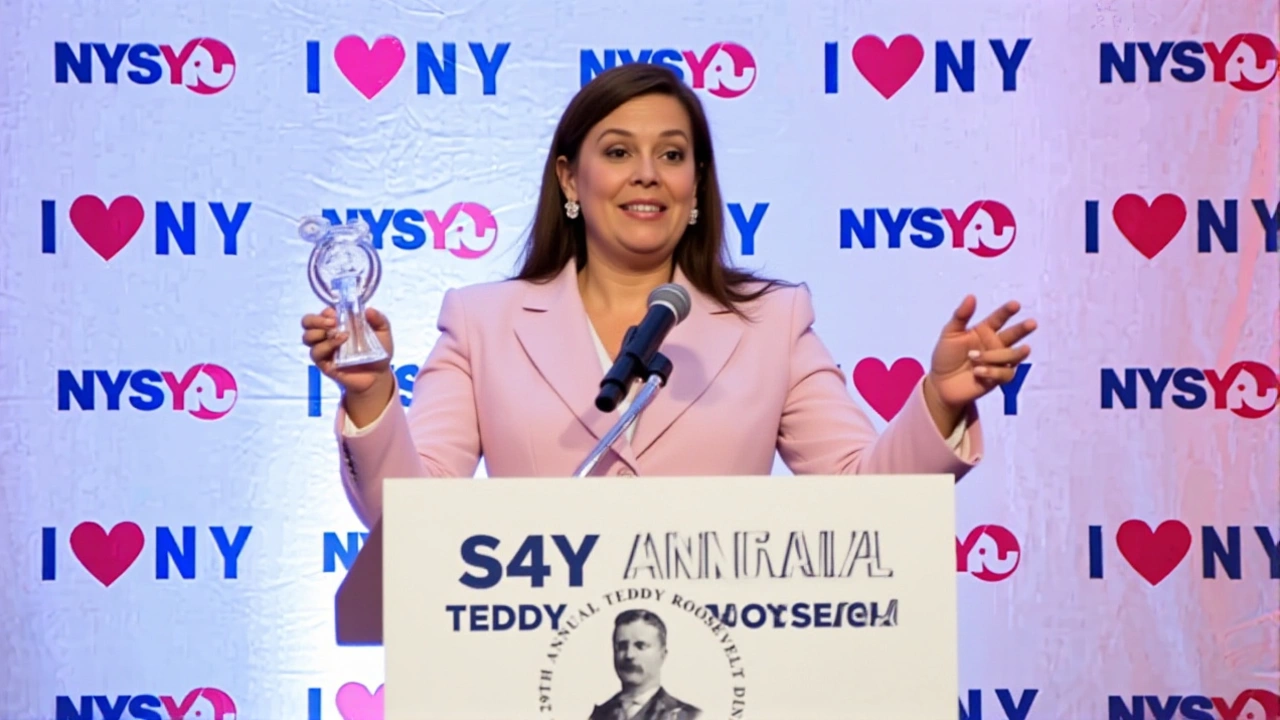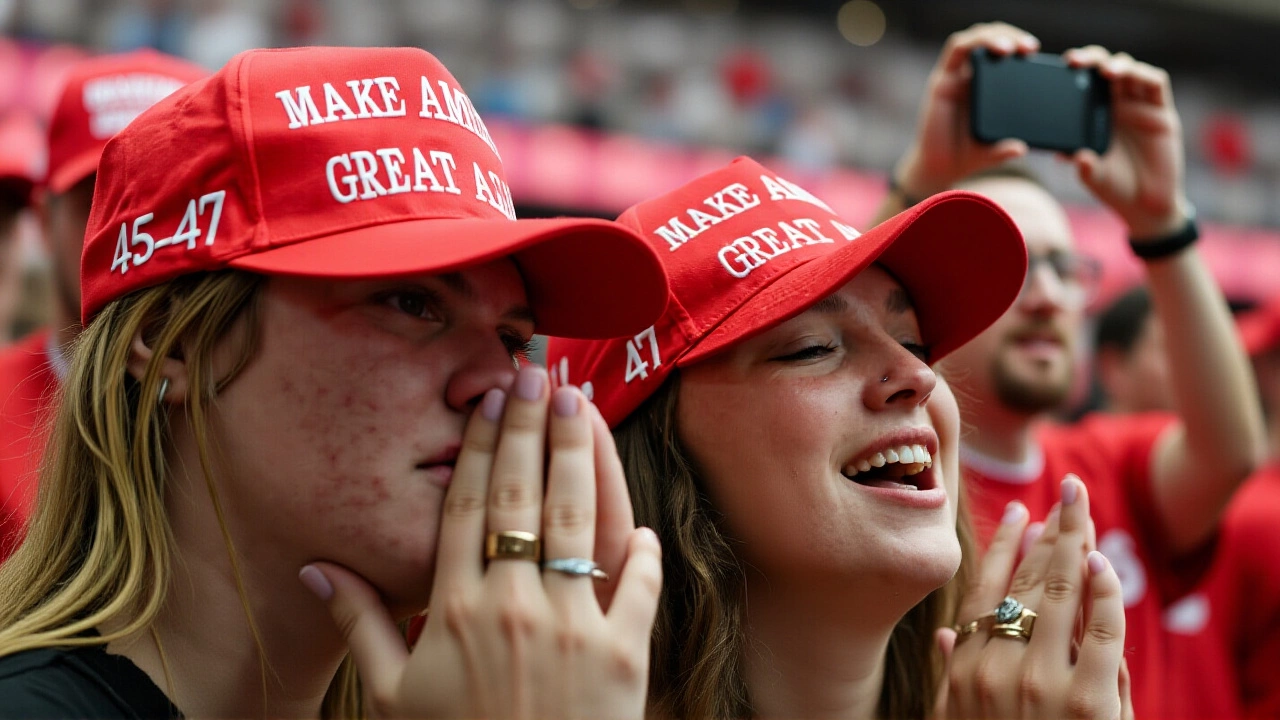
When Laura Kelly, Governor of Kansas condemned a wave of racist messages that surfaced from a private Telegram group, the state’s political atmosphere cracked wide open.
The leak, published on October 15, 2025 by Politico investigationWashington, D.C., spanned more than seven months of chats among leaders of several state Young Republican chapters, most notably the Kansas Young Republicans. The messages, dated from March through October 2025, featured explicit calls for violence, gas‑chamber jokes, and over 250 racial slurs targeting Black, Latino, Asian and Jewish communities.
Background and the leak
The Telegram conversation was originally set up as a networking channel for chapter presidents, but quickly mutated into a venting space during the heated 2025 midterm cycle. According to the investigation, the chat included participants from at least two states, with Kansas and Vermont being the most prominent. The group went silent on October 10, 2025, just days before the Kansas Young Republicans deleted their social‑media accounts on October 14.
“We never imagined this would become public,” one former member told KCUR on condition of anonymity. The timing of the leak—just before the final weeks of the election campaign—added fuel to an already volatile political environment.
What the chat contained
Among the most disturbing excerpts was a message from June 2025 that read, “I’m ready to watch people burn now,” followed hours later by a claim that a rival should receive “two bullets to the head” if they supported a far‑right candidate. Another participant bragged, “Rape is epic,” while dozens of posts peppered the conversation with the N‑word and other hate epithets.
Gas‑chamber references appeared repeatedly between June and September, often couched as “election security” jokes. The language wasn’t limited to racial hatred; anti‑Semitic slurs surfaced in at least 30 separate messages, underscoring a broader culture of extremism within the group.
Reactions from state leaders
In Topeka, Jay Jones, whose name appeared in the logs, issued a public apology on October 12, saying, “I’m deeply sorry. I should have never done it. It’s very embarrassing to me.” He did not disclose his official role, but local sources confirm he was a chapter officer for the Kansas Young Republicans.
Kansas Republican Party released a statement on October 14 denouncing the content as “completely contrary to our values,” while simultaneously defending the party’s broader platform. Their Facebook page, however, continued to host memes that mocked Governor Kelly with a sombrero and depicted Laura Howard, Secretary of the Kansas Department for Children and Families in a Lucha Libre mask.
Governor Laura Kelly responded on October 15, “I appreciated the Republican leaders’ response, but their words ring hollow when they repeatedly post content that directly contradicts their condemnation of racism.” She referenced the memes as part of a larger dispute between the Kansas DCF and the U.S. Department of Agriculture over the release of sensitive SNAP data.
Across state lines, Phil Scott, Governor of Vermont, called for the resignation of an unnamed state senator after confirming that a Vermont Young Republican officer appeared in the same chat. No further details were released, leaving the identity of the senator a mystery.

Political fallout and legal angles
The scandal sparked calls for an internal review by the Young Republican National Federation, headquartered in Alexandria, Virginia. While the organization has yet to issue a formal statement, insiders say disciplinary action—ranging from expulsion to revocation of chapter status—is on the table.
Legal experts note that, although hate speech is protected under the First Amendment absent a direct threat, the explicit calls for violence could invite criminal probes. As of October 15, no state attorney general had opened an investigation, but the Kansas Commission on Civil Rights was reportedly considering a civil complaint.
The SNAP data dispute adds another layer. Since September 2025, the USDA has been pressing the Kansas DCF for anonymized beneficiary information, a request the department rebuffed over privacy concerns. The memes featuring Secretary Howard were seen by many as an attempt to deflect criticism from the data standoff, intertwining policy conflict with the hate‑filled chat.
Looking ahead: possible consequences
Political analysts predict multiple knock‑on effects. First, the Kansas GOP may face bruising primary battles as moderate voters recoil from the extremist overtones. Second, the Young Republican National Federation could tighten vetting procedures for chapter leaders, possibly mandating anti‑hate training.
In Vermont, the unnamed senator’s future hangs in the balance, with the state legislature likely to hold a hearing within weeks. Meanwhile, civil‑rights groups have pledged to monitor the situation closely, warning that “allowing such rhetoric to fester in youth organizations threatens the very fabric of our democratic discourse.”
For Governor Kelly, the episode reinforces a broader narrative: the need for Kansas Republicans to align their public messaging with their internal culture. The coming months will reveal whether the party can reconcile the two, or whether the fallout will reshape the state’s political map ahead of the 2026 elections.

Key facts
- Leak revealed over 250 hate slurs and multiple threats of violence.
- Chat spanned March–October 2025, involving Kansas and Vermont Young Republicans.
- Governor Laura Kelly condemned the GOP’s contradictory social‑media memes.
- Vermont Gov. Phil Scott demanded a state senator’s resignation.
- Potential disciplinary actions pending from the Young Republican National Federation.
Frequently Asked Questions
What exact language was used in the leaked chat?
The messages contained more than 250 racial slurs, anti‑Semitic epithets, and statements like “I’m ready to watch people burn now” and a demand for “two bullets to the head” against political opponents. The language was unfiltered, with multiple references to gas chambers and sexual violence.
Who were the main participants in the Telegram group?
The group included chapter leaders from the Kansas Young Republicans, a Vermont Young Republican officer, and at least one unidentified participant who later apologized publicly, identified as Jay Jones. Additional members have yet to be named.
How did the Kansas GOP respond to the scandal?
The Kansas Republican Party issued a condemnation on October 14, stating the content violated party principles. It also removed the Kansas Young Republicans’ social‑media presence but left contentious memes online, drawing criticism from Governor Kelly for mixed messaging.
What are the possible legal repercussions?
While hate speech is generally protected, explicit threats of violence could trigger criminal investigations. The Kansas Commission on Civil Rights is exploring a civil complaint, and the Young Republican National Federation may impose internal sanctions, including expulsion of chapters.
What impact might this have on the upcoming elections?
The scandal could sour moderate voters on the Kansas GOP, potentially reshaping primary contests ahead of the 2026 elections. In Vermont, the implicated senator may face a forced resignation, altering the state’s legislative balance.